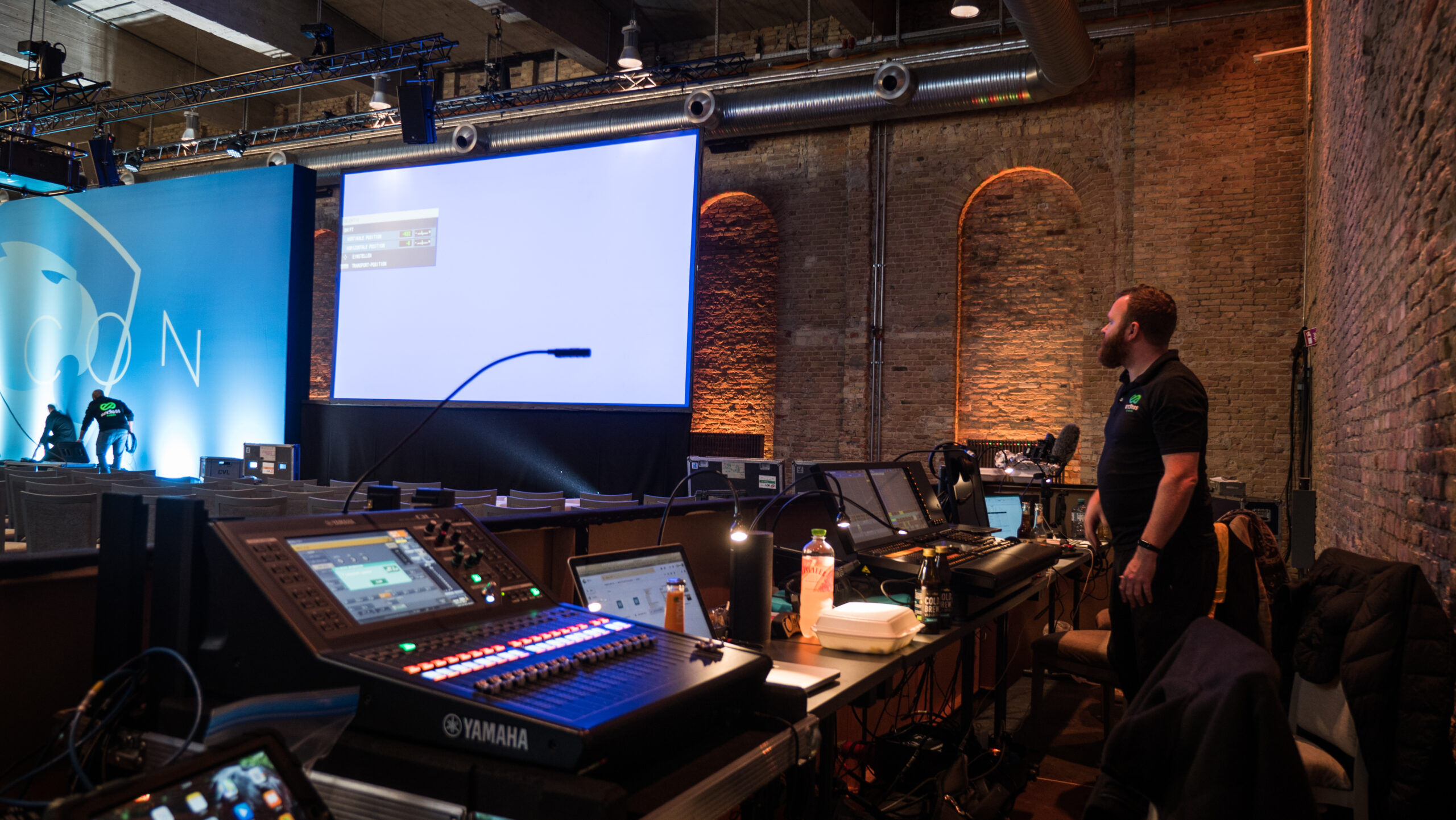Essential Tips for Preparation Flawless Event Productions Every Time
Essential Tips for Preparation Flawless Event Productions Every Time
Blog Article
Understanding How Events Production Works: A Comprehensive Review of the Process
The details of occasion manufacturing need a methodical method that integrates multiple phases, each playing an essential duty in the overall success of an event. Comprehending the subtleties of budgeting, source allowance, and on-site administration is essential for any specialist in this field.
First Planning and Concept Development
Effective first preparation and idea advancement work as the foundation for effective occasions production. This stage involves specifying the occasion's purpose, target market, and preferred outcomes. A clear vision is necessary; it guides all succeeding choices and aids align the group's efforts toward a common objective.
Throughout this stage, conceptualizing sessions can be important. Engaging stakeholders, including customers, sponsors, and potential guests, fosters a collective environment that creates cutting-edge concepts. In addition, comprehensive marketing research must be carried out to recognize patterns, choices, and potential difficulties.
Once the principle is established, it is essential to create a thorough occasion rundown. This summary must consist of the event's style, format, and vital tasks. Establishing a timeline is similarly essential, as it helps to handle due dates and tasks properly.
Budgeting and Resource Allocation
With a solid concept in position, attention has to transform to budgeting and resource allowance, which are essential parts in carrying out the event successfully. A well-defined spending plan functions as a roadmap, detailing all expected prices and readily available resources. It starts with identifying dealt with and variable expenses, including venue service, food catering, technology, advertising, and staffing. Each group must be diligently determined to stay clear of overspending and to make sure that funds are designated properly.
Resource allotment entails designating both financial and human resources to different tasks and parts of the occasion. Prioritization is key; necessary aspects ought to receive ample financing while less crucial elements might require a more traditional technique. In addition, backup preparation is essential-- designating a part of the allocate unforeseen costs can minimize financial dangers.
Furthermore, efficient interaction amongst team participants regarding spending plan restrictions cultivates collaboration and innovation. This promotes the accountable usage of resources and encourages creative solutions to stay within spending plan. Ultimately, a critical method to budgeting and source appropriation lays the groundwork for a successful event, enabling coordinators to concentrate on delivering a memorable experience for participants while maintaining economic integrity.
Logistics and Sychronisation
Navigating the complexities of logistics and sychronisation is vital for the smooth implementation of any occasion. This phase entails precise preparation and company to guarantee that all elements function in harmony. Secret elements include place choice, transport arrangements, and the scheduling of different tasks.
This includes understanding the layout, accessibility points, and available sources. Collaborating these components needs collaboration with suppliers, vendors, and transport services to make sure timely distributions and pick-ups.
One browse around here more critical element is the development of a thorough timeline that describes all logistical aspects leading up to the occasion. This timeline acts as a roadmap, outlining key turning points and deadlines for tasks such as equipment configuration, catering services, and audiovisual installations. Routine interaction with all stakeholders is crucial to attend to any kind of prospective concerns proactively.
Execution and On-Site Monitoring
Successful implementation and on-site administration are essential for changing precise strategies into reality during an occasion. This stage involves the smooth control of various elements, ensuring that every information lines up with the well-known vision. On-site supervisors play a crucial function, acting as the main point of interaction among suppliers, team, and stakeholders. Their capacity to make real-time decisions can dramatically influence the occasion's success.
A well-defined routine is crucial, acting as a roadmap for all activities. Occasion managers should make certain that setup occurs promptly, adhering to timelines for sound checks, catering shipments, and guest arrivals. Effective analytical skills are likewise vital; unexpected obstacles can occur, calling for quick reasoning and adaptability to maintain the event's circulation.
This level of engagement not just improves the general experience but also mirrors the professionalism of the event group. Inevitably, effective execution and on-site management joint on detailed preparation, effective interaction, and a commitment to delivering an extraordinary event for all involved.

Post-Event Examination and Comments
The culmination of any event exists not only in its execution however additionally in the thorough assessment that complies with. Post-event evaluation is image source important for establishing the general success of the occasion and identifying locations for renovation. This procedure typically involves celebration responses from different stakeholders, consisting of guests, suppliers, and team participants, to acquire a detailed point of view on their experiences.
To structure the analysis, event organizers usually utilize meetings and studies, concentrating on key efficiency signs such as guest contentment, logistical performance, and budget adherence. Evaluating this data enables coordinators to evaluate whether the occasion satisfied its goals and to recognize the toughness and weaknesses of the execution.
By systematically addressing feedback and executing adjustments, event specialists can improve their techniques, ultimately leading to even more impactful and effective events. In verdict, post-event examination is an important action in the event manufacturing process that makes certain continuous growth and quality in future endeavors (Event Productions).
Verdict

The complexities of occasion production demand a systematic strategy that integrates multiple phases, each playing an important role in the general success of an occasion.With a strong concept in location, focus must turn to budgeting and source allocation, which are crucial parts in performing the event effectively.Source allocation involves designating both economic and human resources to various tasks and elements of the occasion. Ultimately, a calculated strategy to budgeting and source allotment lays the foundation for an effective occasion, enabling planners to focus on delivering an unforgettable experience for guests while maintaining financial integrity.

Report this page